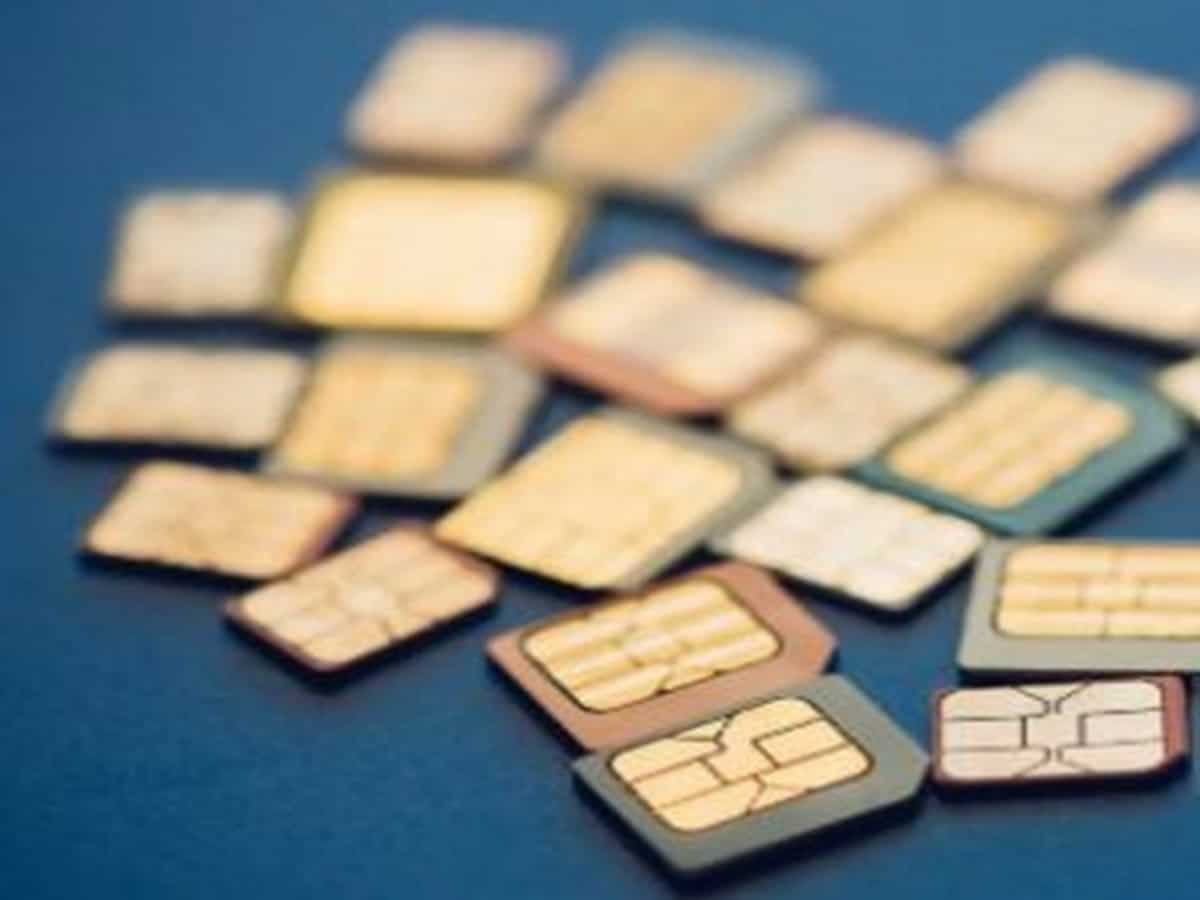The quick and convenient service of getting a new SIM card delivered to your doorstep in just 10-15 minutes has hit a roadblock. Recent reports indicate that the Department of Telecommunications (DoT) has issued strict guidelines to telecom operators, mandating full compliance with the Know Your Customer (KYC) rules when issuing SIM cards. As a result, services like the rapid home delivery of Airtel SIM cards via platforms such as Blinkit are either temporarily suspended or under review.
What led to the suspension?
Telecom companies had recently partnered with quick commerce platforms like Blinkit to streamline the SIM card distribution process, offering customers the convenience of ordering and receiving a new SIM card from Airtel in a matter of minutes. While this service was popular for its speed, concerns have now arisen regarding its compliance with KYC norms.
The DoT has raised alarms over the need for telecom companies to adhere to the proper verification procedures for issuing SIM cards, ensuring that customer identities are verified correctly before the SIM is delivered.
The Importance of KYC Rules
KYC regulations are crucial in verifying the identity and address of individuals to prevent misuse of telecom services. The significance of KYC is particularly high in the telecom industry due to the following reasons:
Security: Ensures that SIM cards are not issued to fraudulent or criminal entities, protecting national security.
Accountability: In the event of misuse or criminal activity, the true identity of the SIM card holder can be traced.
Prevention of Fraud: By verifying authentic documents, KYC helps prevent the issuance of SIM cards based on fake credentials, protecting customers from financial fraud.
Traditionally, KYC verification requires customers to be present at a physical point of sale, where their identity is confirmed through fingerprint scans, live photos, and original document checks.
Why the concern over doorstep delivery?
The DoT’s concern stems from the potential lapses in KYC compliance during the rapid delivery of SIM cards through platforms like Blinkit. With delivery agents handling the process remotely, there’s a risk that face-to-face verification or proper document checks might not be fully carried out, posing a security threat. The department is keen on ensuring that every step of the KYC process is strictly followed, regardless of how the SIM card is delivered.
The road ahead
Following DoT’s directive, telecom companies are now required to reassess their SIM delivery processes, particularly in collaboration with their quick commerce partners. They will need to ensure that delivery agents adhere strictly to all KYC guidelines to avoid any further disruptions.
Until the DoT is satisfied with the revised process, the home delivery service of SIM cards within minutes, facilitated by platforms like Blinkit, may remain suspended. This move aims to strike a delicate balance between offering customer convenience and safeguarding the country’s security.
Anurag Dhole is a seasoned journalist and content writer with a passion for delivering timely, accurate, and engaging stories. With over 8 years of experience in digital media, she covers a wide range of topics—from breaking news and politics to business insights and cultural trends. Jane's writing style blends clarity with depth, aiming to inform and inspire readers in a fast-paced media landscape. When she’s not chasing stories, she’s likely reading investigative features or exploring local cafés for her next writing spot.






